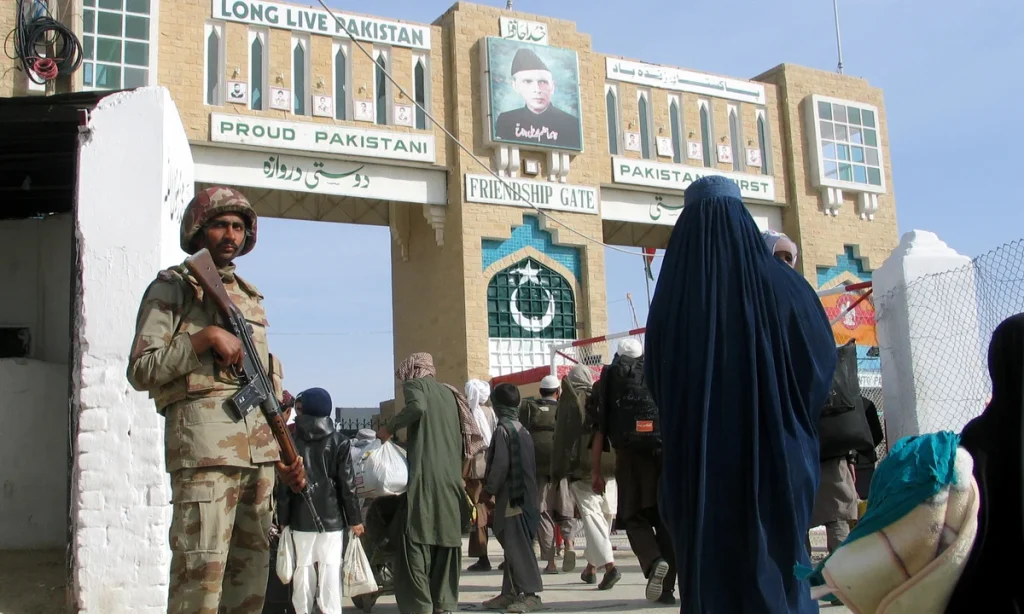At the crossroads of history and geography lies Pakistan—a country whose strategic location has made it both a gateway and a guardian. Nowhere is this dual role more evident than in its policy toward neighboring Afghanistan.
For decades, Pakistan has extended support to Afghan nationals during some of their darkest hours. Millions found refuge across the border as wars ravaged their homeland. Schools, camps, and aid were provided, often without international recognition of the sheer weight Pakistan bore. But today, in the shadow of modern security concerns and shifting regional dynamics, the conversation has evolved—from hospitality to regulation.
The principle of sovereignty is central here. Every nation has an inherent right to secure its borders and determine who enters, stays, or exits. Pakistan’s current implementation of the Illegal Foreigners Repatriation Plan (IFRP) reflects that prerogative. It is not a rejection of Afghanistan, but a reaffirmation of Pakistan’s right to define and defend its internal order.
Some view this shift as a hardening of stance. But in truth, it is a recalibration. No country, especially one already managing economic and security challenges, can afford to maintain opendoor policies indefinitely. The scale of undocumented migration is not merely a logistical issue—it’s a policy dilemma, affecting everything from employment and healthcare to national security.
What makes Pakistan’s case uniquely complex is the emotional and historical bond it shares with Afghanistan. Tribes straddle both sides of the border. Languages overlap. Families are intertwined. This interconnectedness makes regulation a sensitive task—one that must be handled with empathy, but also resolve.
Foreign Office statements have clarified that while repatriation efforts are underway, they are being carried out in phases, with coordination from all stakeholders. This approach ensures that the process remains orderly, lawful, and humane. It’s a signal that Pakistan is not closing doors—it’s merely reinforcing them with structure.
Moreover, the broader foreign policy lens must be considered. While border regulation is an internal matter, Pakistan continues to maintain open diplomatic channels and humanitarian engagement with Afghanistan. This dual approach—firm on enforcement, open in diplomacy—is what defines a mature, sovereign nation navigating complex terrain.
Pakistan’s Afghan policy, shaped by both compassion and caution, stands as a testament to its evolving statecraft. Guarding the gate isn’t about isolation; it’s about ensuring that the flow of people, ideas, and cooperation happens in a way that’s sustainable, legal, and secure.


